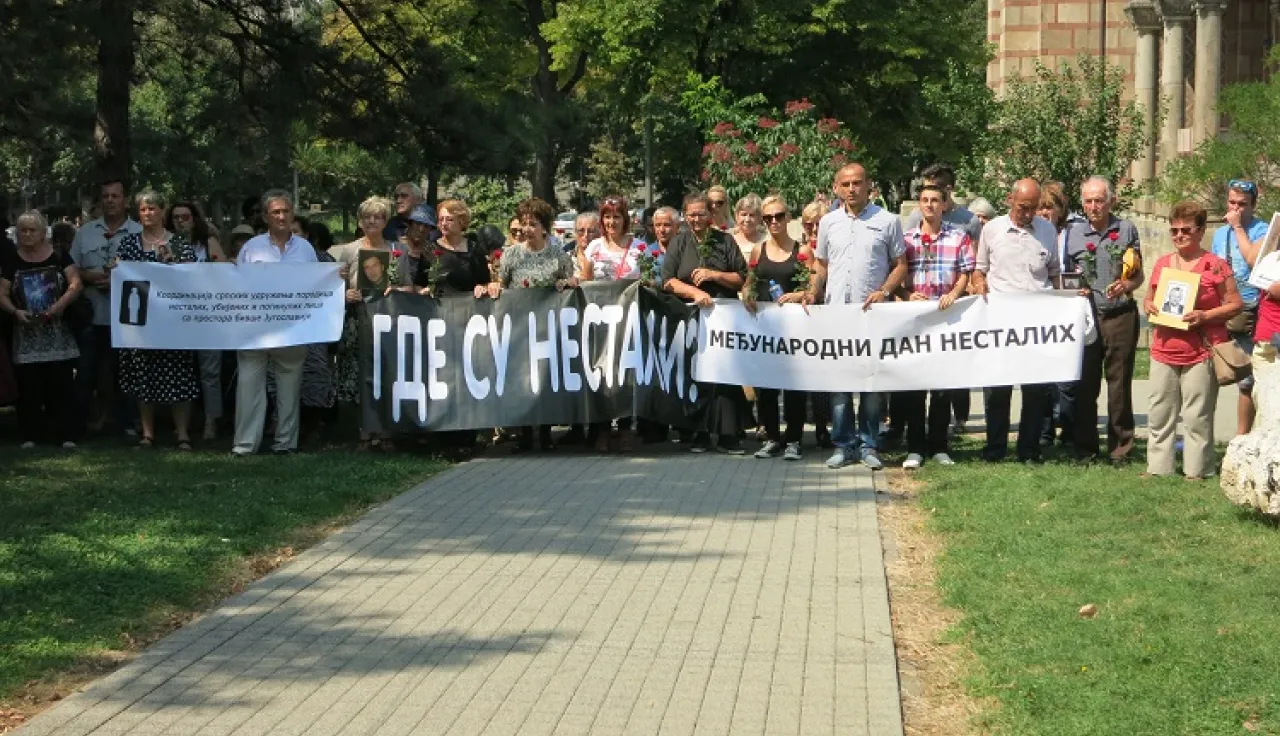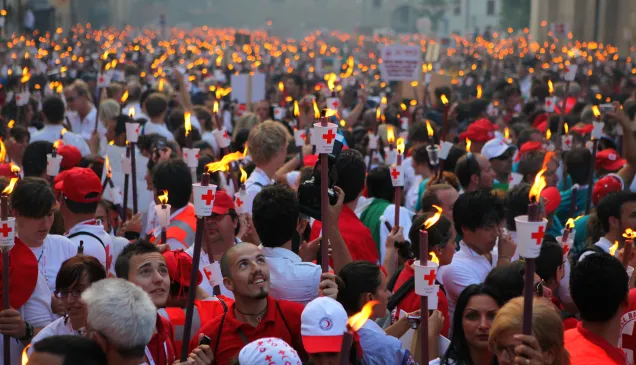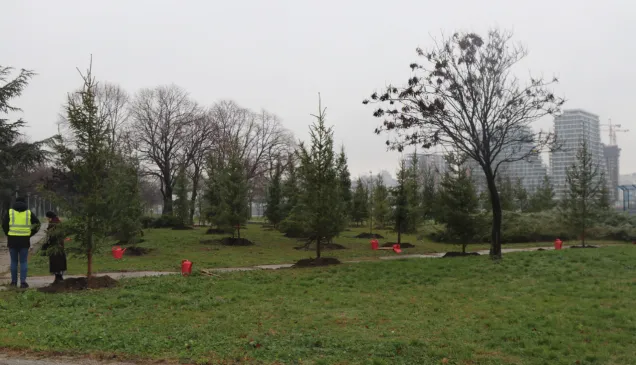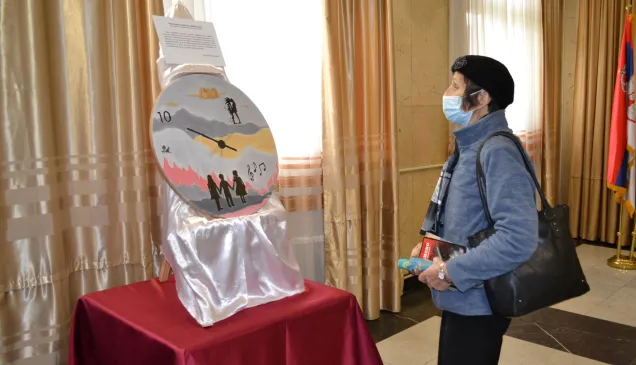Belgrade (ICRC) – The International Committee of the Red Cross (ICRC) has been working with the families of the missing ever since the conflicts broke out in the former Yugoslavia and the very first tracing requests were made. The organization is deeply concerned about the slow progress made over the last couple of years on resolving this issue.
Of 34,967 cases reported to the ICRC, 70% have been resolved. But more than 20 years on, that means 10,700 people are still missing and their families burdened with the uncertainty of not knowing what has happened to their loved ones.
Finding out what happened to their missing relatives is the priority for these families. But while they wait for answers the families also face emotional, economic, legal and administrative difficulties in their daily lives.
Speaking ahead of the International Day of the Disappeared on 30 August, ICRC President Peter Maurer said that concerted efforts were needed to ascertain and document the fate of people who had gone missing and to provide the families left behind with answers and support.
"This is a tragedy affecting millions, but it remains vastly unacknowledged and under-reported. Such indifference is extremely disturbing," Mr Maurer said. "Disappearances are often a sensitive social and political issue, but that is no excuse for inaction. Governments must generate the political will necessary to provide answers. Steps must be taken to prevent disappearances, and to collect all the information available when people do disappear, because, at some point, this information might help bring answers to families and other loved ones."
The ICRC in the region remains committed to the families of the missing and continues to search national and international archives, lend its legal, forensic and other expertise to the process and support the families and their associations. As a neutral and independent intermediary, the ICRC has been working hard reminding the authorities of the families' right to know and of their obligations under international humanitarian law to take concrete measures to clarify the fate of people unaccounted for.
After more than twenty years, it is high time that the commitment of the authorities translated into concrete results and answers for the families.
For further information, please contact:
Sanja Ivanis, ICRC Belgrade, +381 11 228 55 52




